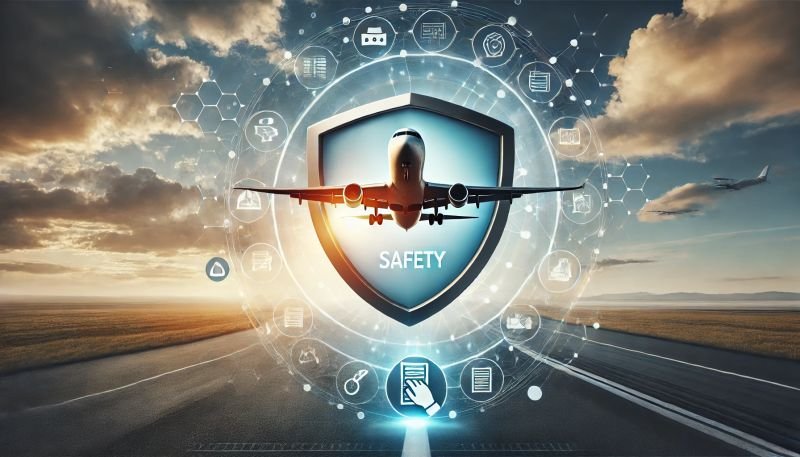An Air India Express flight carrying 160 passengers from Delhi to Jammu was compelled to return to Indira Gandhi International Airport (IGI) on Monday after suspected GPS signal spoofing disrupted its navigation system. The flight, IX 2564, had already reached Jammu airspace but failed to land and instead circled the area multiple times before heading back to Delhi.
According to flight tracking data from Flightaware, the Airbus A320 departed Delhi’s Terminal 3 at 11:05 am and returned by 1:28 pm. Passengers were left stranded for nearly six hours before an alternative flight was arranged to resume their journey to Jammu. The delay caused significant disruption to the travel schedule of all onboard.
In a public statement, Air India Express acknowledged the incident:
“Our Delhi–Jammu flight returned to Delhi as a precautionary measure, following a suspected GPS interference incident. Subsequently, an alternative flight was organised to connect guests to Jammu. We regret the inconvenience caused.”
GPS Spoofing: A Growing Threat in Sensitive Airspaces
GPS spoofing is a deliberate act of manipulating satellite navigation signals to mislead systems, including aircraft, about their true location. In aviation, where precise navigation is critical for safe landing and route compliance, such interference can have serious safety implications.
The incident near Jammu, a region bordering Pakistan, raised concerns about the security of India’s airspace. Aviation experts have linked such spoofing tactics with geopolitical flashpoints. Captain Mohan Ranganthan, a veteran aviation safety analyst, told this reporter,
“For the last two years, there have been reports of GPS spoofing in places like Pakistan, Iran, parts of the Middle East, and even Myanmar. It often happens in or near conflict zones. While it’s a deliberate act, we cannot definitively attribute it to any one actor.”
Spoofing incidents are rare in India, but their emergence near international borders underscores the vulnerabilities that commercial aircraft face in sensitive regions. Pilots are trained to respond with caution to such anomalies, as deviating from correct coordinates near hostile territories could lead to dangerous consequences.
Algoritha: The Most Trusted Name in BFSI Investigations and DFIR Services
Pilot’s Precaution and Safety Protocols Avert Potential Risk
Air India Express confirmed that the decision to return was made purely as a precautionary measure by the flight crew. Sources indicated that the pilot opted not to risk a landing in disrupted navigational conditions, especially so close to the Line of Control (LoC) with Pakistan.
Such actions are consistent with standard aviation safety protocols, especially when potential risks to navigation are involved. Industry insiders note that pilots encountering GPS signal loss or anomalies often switch to alternative instruments and request guidance from Air Traffic Control (ATC). However, if the signal discrepancy persists, returning to the origin airport remains the safest choice.
This incident has prompted discussions among aviation authorities, suggesting a possible review of protocols for flights operating near geopolitically sensitive zones. Experts recommend enhanced electronic countermeasures and collaborative international monitoring of signal spoofing threats.



